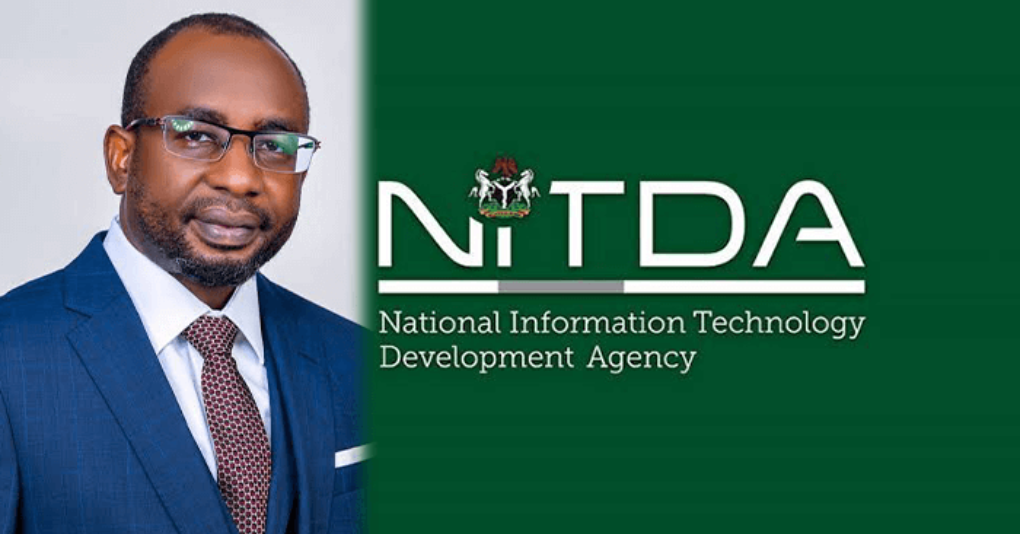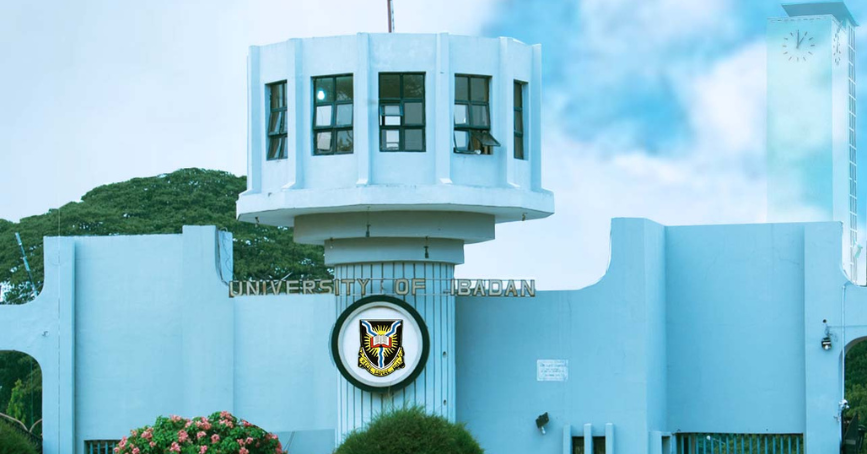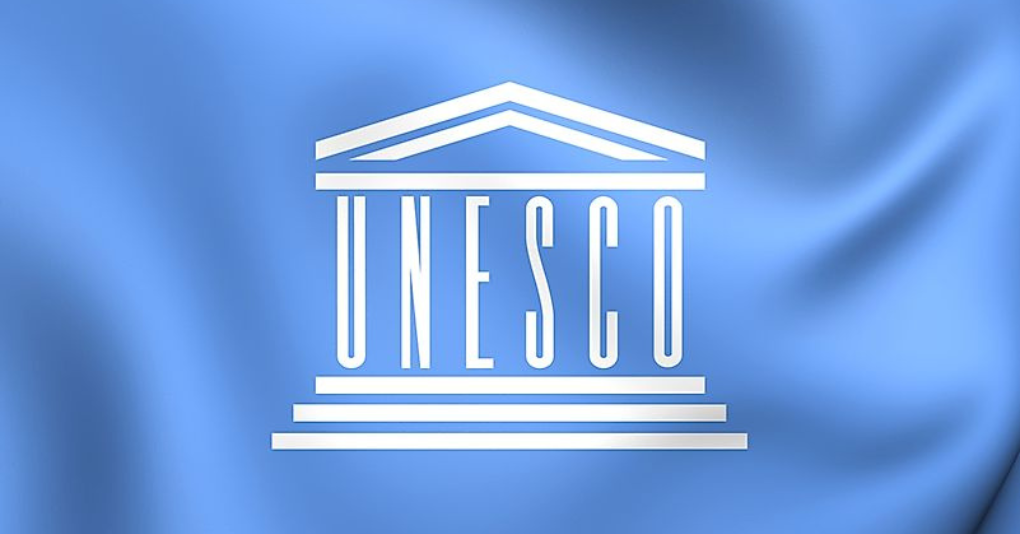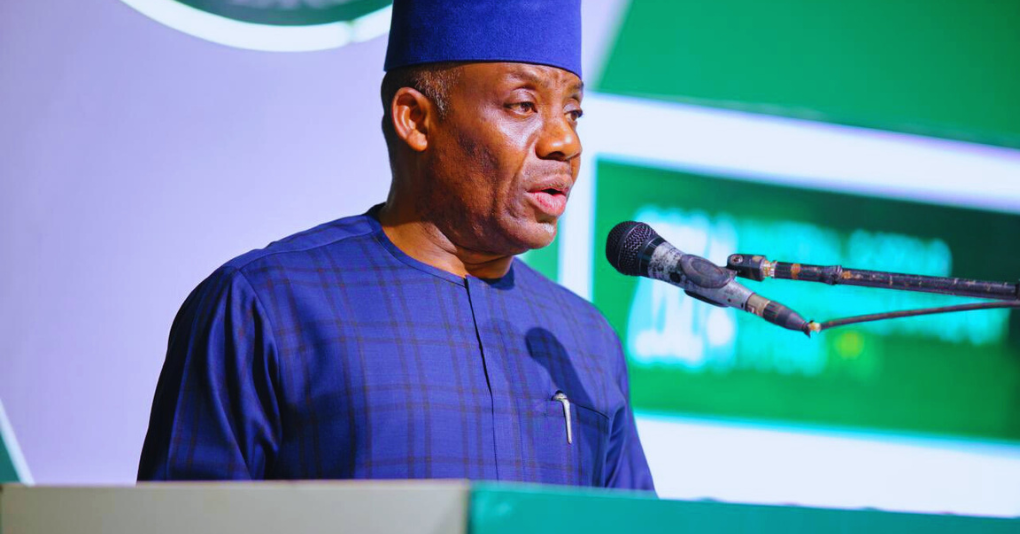The director general of the National Information Technology Development Agency (NITDA), Kashifu Inuwa Abdullahi, has reaffirmed the federal government’s ambition to equip over 70 percent of Nigerians with basic digital literacy by the year 2027.
Inuwa, at a two-day interactive session on government–citizens engagement, organised by the Sir Ahmadu Bello Memorial Foundation at the historic Arewa House in Kaduna, said the target is part of a broader strategy to empower citizens, bridge socio-economic divides, and accelerate national development through technology.
The event, themed “Assessing Electoral Promises: Fostering Government Engagement for National Unity,” brought together top government officials, civil society leaders, academics, and policy influencers to evaluate the progress of President Bola Ahmed Tinubu’s Renewed Hope Agenda, especially in governance and inclusive development.
Highlighting the transformative role of digital technology, Inuwa stated, “Digital technology is not a vertical sector, it is pervasive and foundational. It powers everything else and provides a framework for inclusive growth.”
He said NITDA’s commitment to digital inclusion is anchored on three strategic pillars: human capital development, innovation-driven entrepreneurship, and digital infrastructure. The most urgent among them, he noted, is building the digital capacity of Nigerians at scale.
“Our people are our greatest asset. Developing digital skills at all levels of society is key to unlocking this potential,” he declared.
According to Inuwa, through initiatives like the 3 Million Technical Talent (3MTT) programme and the Digital Literacy for All campaign, NITDA has already trained more than 350,000 individuals in Northern Nigeria alone since 2023.
He emphasized that reaching the 70 percent literacy benchmark by 2027 requires deep integration of digital education into the mainstream schooling system. To that end, NITDA is collaborating with the Federal Ministry of Education to embed digital skills from early childhood education through to tertiary institutions.
“We are working closely with the National Universities Commission (NUC) to ensure digital literacy becomes a component of the general studies curriculum across Nigerian universities,” he said.
To expand reach into rural and underserved communities, Inuwa also disclosed that NITDA is partnering with the National Youth Service Corps (NYSC) to train corps members as digital literacy champions. These trained youths are then deployed to disseminate technology knowledge to informal sectors and remote areas across the country.
“This bottom-up approach ensures that no one is left behind. Our digital ambassadors are bringing access, hope, and skills to grassroots communities,” he noted.
Inuwa also touched on complementary infrastructure efforts that will support the literacy push, including the rollout of 90,000 kilometres of fibre optic cable nationwide, as well as the establishment of three digital centres in each state.
Northern Nigeria, he said, stands to benefit significantly from these investments. Since 2023, NITDA has commissioned 13 IT Community Centres, 101 Digital Economy E-Learning Centres, and one Cybersecurity Research Centre across the region.
“These centres are more than buildings, they are community anchors for skills development, job creation, and innovation,” he said.
The DG further praised President Tinubu’s policy environment, which he said is attracting global technology firms to Nigeria. Major companies like Google and Microsoft have ramped up investments, seeing the country as a digital talent hub and a growth frontier.
As part of efforts to position Nigeria on the global innovation map, Inuwa announced that the country will host two major global technology events in the coming months: GITEX Nigeria in September and the United Nations’ ICT for Governance (ICEGOV) Summit in November.
“These events will not only showcase Nigeria’s digital potential but also open doors for investment, partnerships, and knowledge exchange,” he said.
Inuwa however reiterated that NITDA’s digital literacy drive is not just about skills, it is about empowering people, uniting communities, and future-proofing the nation’s economy.
“With collective effort, we can make digital literacy as fundamental as reading and writing. And by doing so, we will build a more equitable, prosperous, and united Nigeria,” he said.
Share this post





Be the first to comment on this post